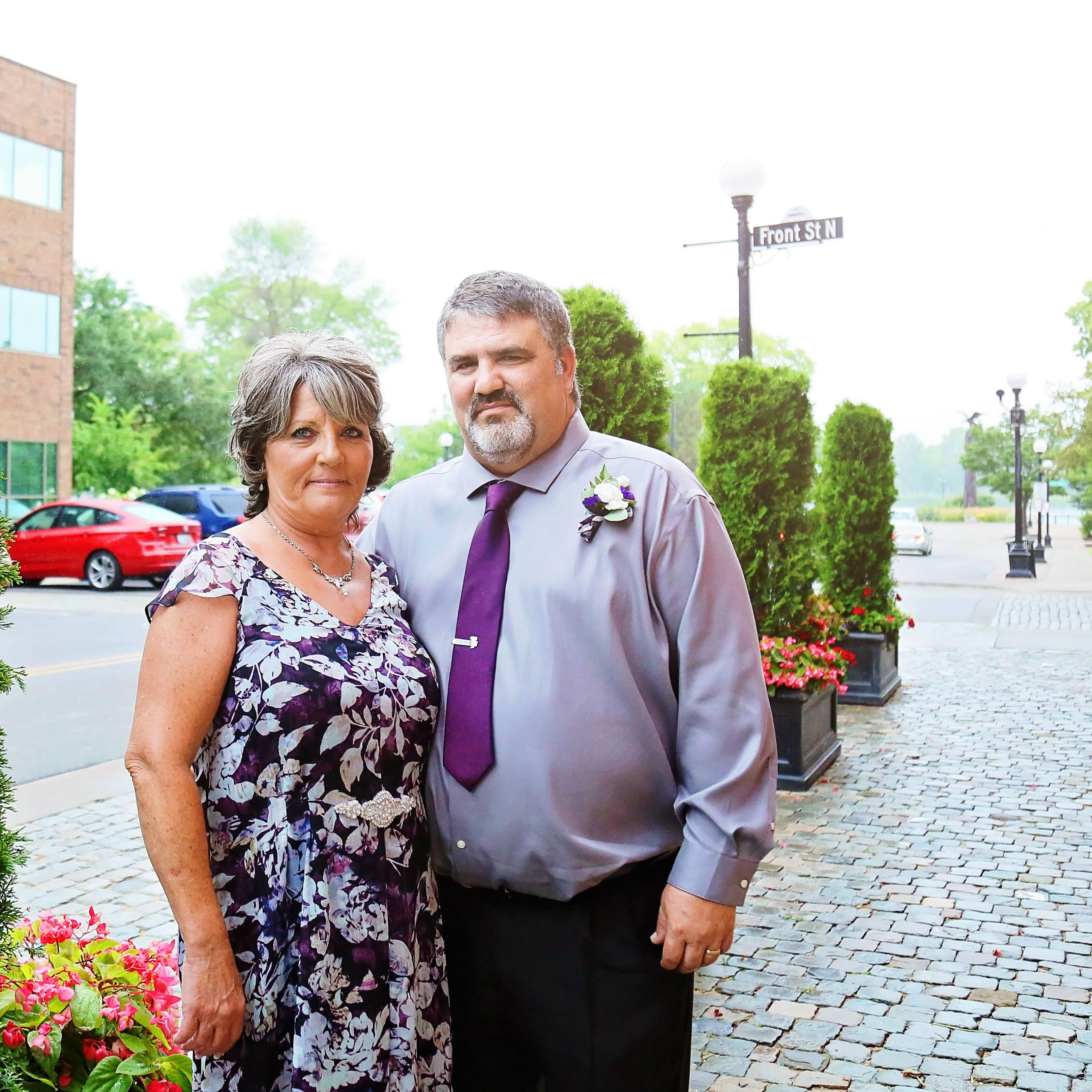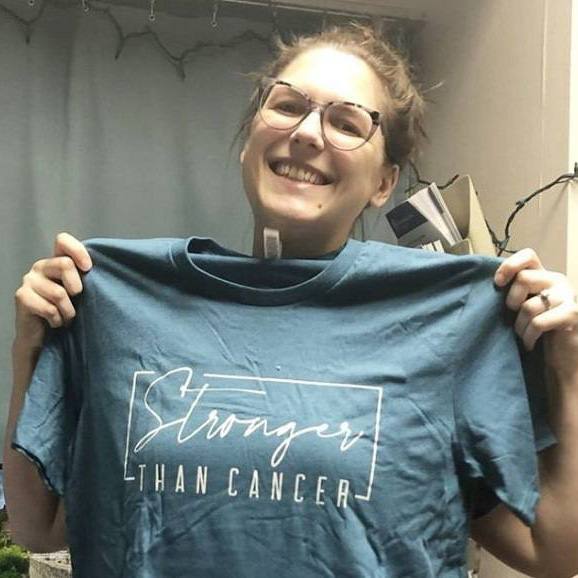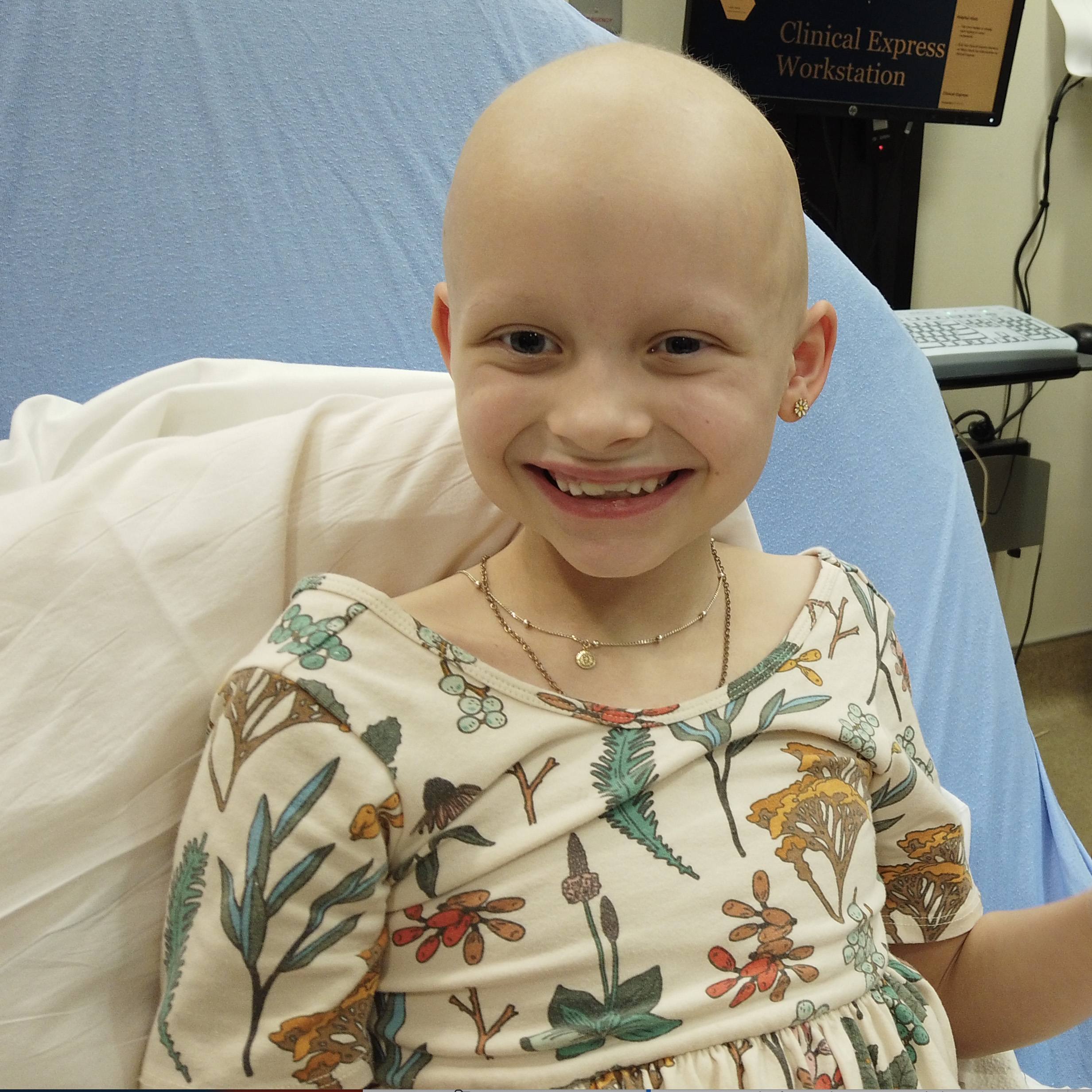 Jorge Rivera raised his cell phone and took a self-portrait that showed an almost imperceptible scar on his neck. Rivera, an administrative manager at FirstBank in San Juan, Puerto Rico, underwent a new type of surgery at Mayo Clinic, Jacksonville, Florida, to remove his cancerous esophagus and restore his digestive system. Today, he is cancer-free and leading an active life.
Jorge Rivera raised his cell phone and took a self-portrait that showed an almost imperceptible scar on his neck. Rivera, an administrative manager at FirstBank in San Juan, Puerto Rico, underwent a new type of surgery at Mayo Clinic, Jacksonville, Florida, to remove his cancerous esophagus and restore his digestive system. Today, he is cancer-free and leading an active life.
Rivera says he never had symptoms that indicated a problem. He recalls “the usual” heartburn symptoms of what he refers to as “a typical Puerto Rican diet,” but nothing bothersome. Then, an upper endoscopy showed otherwise. “I had precancerous cells in my esophagus,” Rivera recalls.
Within a month of the initial endoscopy, Rivera was under the care of a team of Mayo Clinic doctors that included Michael Wallace, M.D., a specialist in detection of gastrointestinal and lung cancer through endoscopic imaging. An endoscopic biopsy showed cancer cells spreading to the borders of the sphincter (valve between esophagus and stomach) and in the upper part of the stomach.
C. Daniel Smith, M.D., director of surgery and a specialist in minimally invasive esophagectomy, joined Rivera’s team. There were two possible surgeries, and Rivera opted for the newer procedure: five small incisions in the abdomen and one incision in the left side of the upper torso, just below the neck. He would be the sixth person at Mayo Clinic Florida to undergo that type of surgery.
Surgeons removed Rivera’s entire esophagus and part of his stomach. Stomach tissue was then shaped into a tube to form a new esophagus. Rivera was released from the hospital in one week and began eating solid foods three to four weeks after his surgery. Mayo Clinic doctors, including oncologist Dr. Gerardo Colon-Otero and his oncologist in Puerto Rico, coordinated his chemotherapy and radiation plan which was administered in Puerto Rico.
A six-month follow up showed no cancer cells. A year later, Rivera is cancer free, eating well, exercising and doing kick-boxing. He credits his Mayo Clinic team with turning around his situation. “Mayo Clinic offers excellent coordination of services and resources,” Rivera says. “All the staff takes great care that the patient and family feel comfortable, well informed and well attended to with great sensibility and human warmth.”
Rivera says the distance between Jacksonville and Puerto Rico did not impede good communication between his doctors. Today, he feels healthy and thankful that his tests show no cancer. “I thank God for giving me the opportunity to go to Mayo Clinic,” Rivera says. “I received first-rate treatment which contributed to the new chance at life that I have today.”
Related Diseases
Related Treatments
Related Departments







